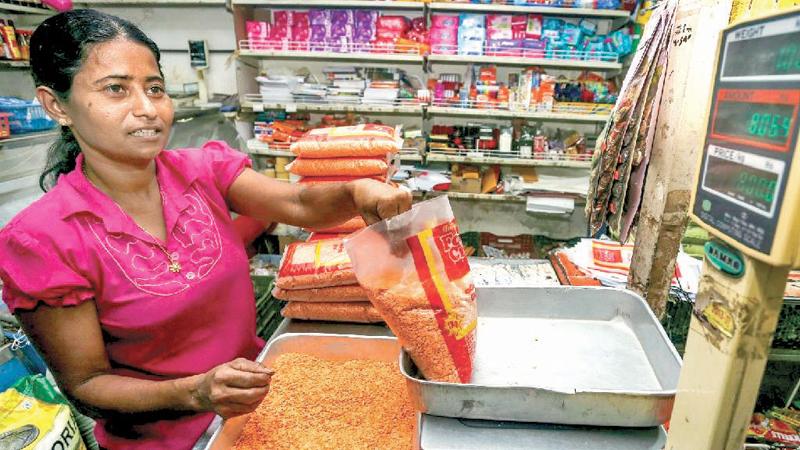
Most of the small and medium sector enterprise are in the throes of a major financial crisis and are on the verge of shutting down as they are unable to make EPF/ETF payments to employees due to the drastic drop in cash-flows forcing employers to cut corners to survive, according to the Sri Lanka Chamber of Small and Medium Industries (SLCSMI).
Employers of a large number of SME sector enterprises are contemplating on either to pull down the curtain on their businesses or shift to another given the intensity of the crisis which has put them into a tight spot, SLCSMI President Prof. Rohan De Silva said.
Small and medium-sized enterprises make up a large part of Sri Lanka’s economy, with over one million SMEs accounting for approximately 75 percent of all businesses. The enterprises are found in all sectors of the economy and are estimated to contribute about 45 percent of total employment in Sri Lanka.
Having to fulfill tax obligations and statutory payments to employees is an uphill task for most SMEs which have been in a precarious state since the Easter Sunday terror attacks that brought operations of many to a grinding halt, De Silva said.
According to the chamber head, many SME sector businesses are down due to the adverse impact of a spate of internal and external shocks that had broken the backbone of the economy.
SMEs took a major hit from the global pandemic unlike the larger businesses which are able to withstand the impact with a much larger revenue flow to buffer extraneous situations.
Employers have to pay the wages of daily workers be it sun or rain and when there are disruptions to operations from power outages and scarcity of fuel the outcome is unimaginable, De Silva said, adding that the black and grey markets are exploiting the situation. According to the chamber head, the prices of raw material and inputs have doubled due to shortage and the hoarding of goods by errant merchants.
He said that the chamber met the Minister of Industries to apprise him of the appalling state of the SME enterprises and is awaiting a meeting with the President.
Small and medium enterprises of the travel and leisure sector are unable to yet recoup from the crippling impact of the Easter Sunday carnage and the global pandemic. The informal sector of the SMEs in the tourism industry was the hardest hit by the double whammy.
The 2022 Budget failed to provide the much needed relief to the small and medium sector players of the pandemic-hit tourism industry.
Tax experts through this section last week urged lawmakers to reconsider the Surcharge Tax Bill which would have a devastating impact on smaller subsidiaries and the savings of its workers.
Experts said an efficient tax should be progressive form of tax. Those who are liable must be able to pay in peace. According to tax experts, the Surcharge Tax would help minimise government borrowing and money printing which triggers inflation but also would cause anxiety to companies that would be liable to pay on the back of a significant cash-flow reduction.
The Ceylon Chamber of Commerce called upon the government to revisit the tax bill as it would be a deterrent to local and foreign investors.
